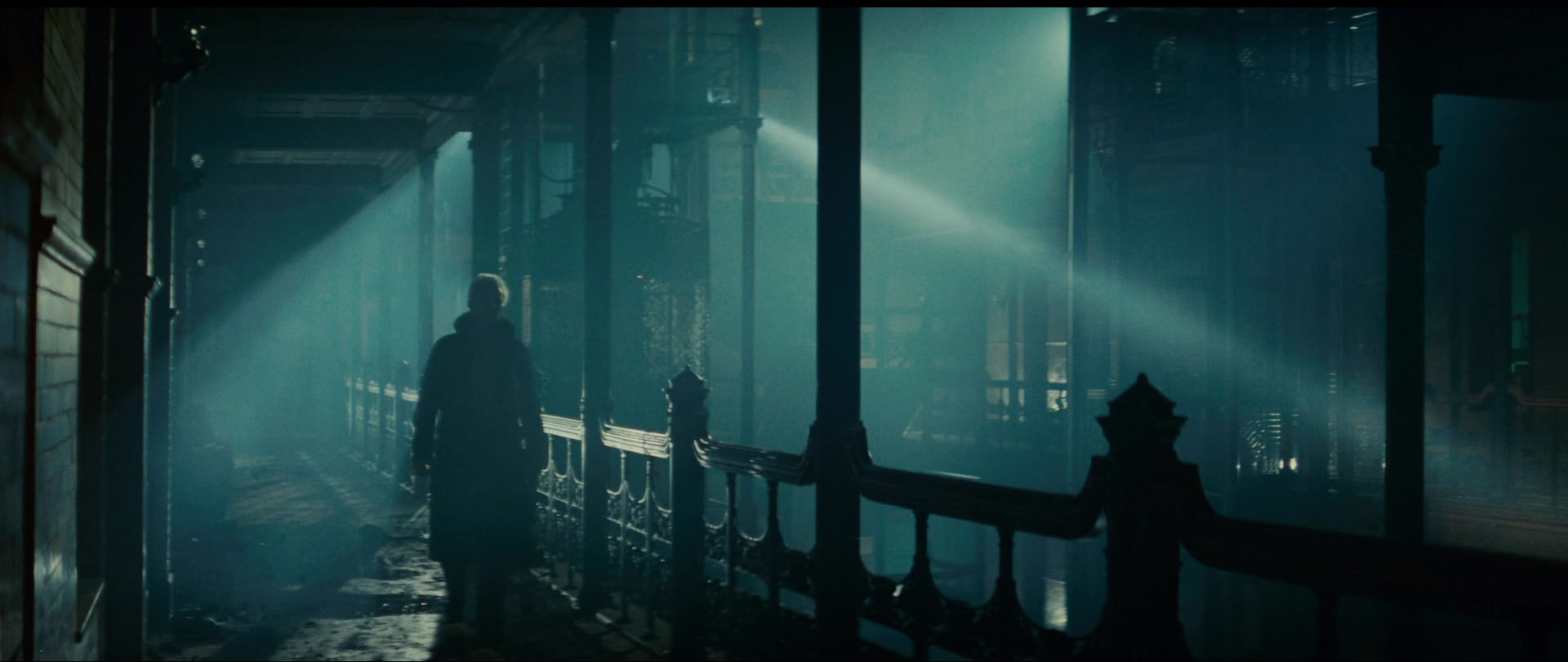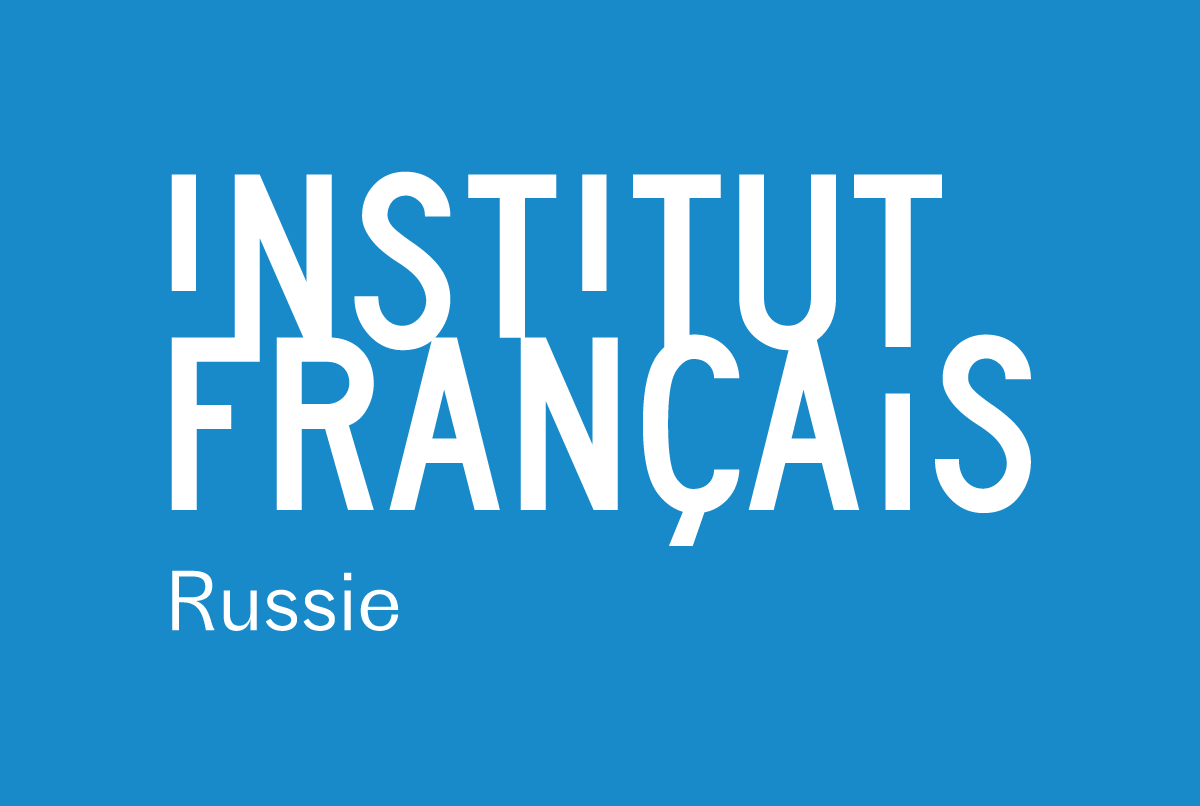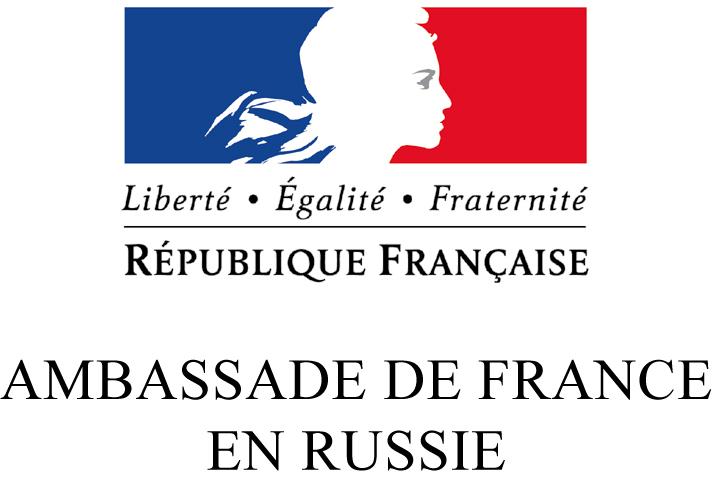Venues:
Saint Petersburg Stieglitz State Academy of Art and Design
Time Travel Center KOD
State Hermitage Youth Educational Center
Participants:
Nina Czegledy (Canada)
Eduard Khaiman (Russia)
William Latham (UK) and Lance Putnam (UK/USA)
Boris Magrini (Switzerland)
Max Philipp Schmid (Switzerland)
Sergey Teterin (Russia/Lithuania)
Dominique Roland (France)
David Rosenboom (USA)
William Latham and Lance Putnam will talk about their work creating FormScape VR, a new piece which is being shown in the exhibition for the first time. In FormScape the VR viewers are placed on the surface of evolving landscape where their presence has a direct influence and impact on how the artificial and virtual world takes form around them. Artistic influences including surrealism and philosophical background will be discussed. The talk will include the history of Mutator VR: Vortex and how that experience led into FormScape VR. The talk will also cover the history of IBM Mutator and Mutator VR: Mutation Space work by William Latham and Stephen Todd from 1987 through to the current day. The talk will also briefly cover William’s original FormSynth hand drawings from 1985 and how those ideas shaped the later work by the team over many years.
Since the 90s I work on experimental short films and video installations. The aim of my work is to open up a discursive field. Using images, sound, music and sometimes text, I give the viewer an open net of meaning, atmosphere, and emotions. It is important to me that my works remain open and not be considered as closed statements. Various aspects are brought into tension with each other to that the viewer is involved in the process of thinking and perception. I will present some of my works and talk about the topics that move me. Furthermore, I will talk about my artistic practice and the production conditions, based on the creation of the exhibited work Paradise. After the presentation a Q&A session will take place.
We live in a mixed reality where the borders of the body expanded by instruments and gadgets are scuttled through servers in the data centers and are teleported via VPN. Digitocene is an accelerated reaction to positivism crisis and information age. Digital and analogue got integrated to the extent they can not exist separately. Digitocene appeals to humanization of the digital technologies through integration and cooperation between digital, biological, social and real space; media, mixed, augmented, cyber and physical reality; visual, tactile, auditory and virtual interaction. At the lecture it will be argued what Digitocene is, and how art could form it.
The permeation of computation in all layers of society and recent developments in artificial intelligence are bringing critical changes to civilization and the ecosystem. Artists engaging with recent fields of science and technology are creating new paradigms for thinking our existence within this increasingly complex and interconnected system. Curator Boris Magrini will discuss a selection of works that make use of artificial intelligence, machine learning and algorithmic economy, as recently presented in the exhibitions Lawrence Lek: Farsight Freeport, and Entangled Realities at HeK (House of Electronic Arts Basel). While framing the current artistic production associated with artificial intelligence into a larger historic perspective, in the lecture he will consider the challenges emerging from the impending coexistence between humans and machines, and will explore the curatorial strategies involved in the presentation of media and digital art.
The character of the educational landscape in many parts of the world has become vastly different from a few decades before. From Jakarta to Johannesburg, parameters of education — partly due to the emergence of new technologies and ongoing social change — are continually shifting. Agendas that in a previous decade could never have been institutionally conceived — let alone established — are now often integrated in curricula. The intricacy of the contemporary educational scene compels us to study the methods of complex systems. Furthermore, the recognition that a dynamic education system is a part of a wider societal environment in which educating activities take place is crucial. Some of the current changes in education include:
— STEAM (Science, Technology, Engineering, Art and Mathematics) expansion;
— Integrated interactive learning approaches;
— Expansion of ‘‘blended learning” and/or alternate methods;
— Integration of games as learning tools.
It is to be of importance that the explosion of alternate methods has not been pre-planned; it is mainly due to tremendous student and popular interest. Nevertheless, a vital question remains: Are we able to fundamentally change educational paradigms fast enough for the emerging generation? To illustrate the above points, Serious Play — an alternative educational game developed and presented internationally by Czegledy in collaboration with Lynne Heller (Toronto) will be included in the presentation.
Composer-performer, David Rosenboom will discuss his concepts about Propositional Music: building proposed models of worlds, universes, evolution, brains, consciousness or whole domains of thought and life, and then proceeding to make dynamical musical embodiments of these models, inviting us to experience them in spontaneously emerging sonic forms. Specific examples will be selected from Rosenboom’s work in extended musical interface with the human brain, and composing music using what Rosenboom himself calls ‘configuration spaces with multiple embodiments of time’.

Along with the presentation of Quentin Lengele’s VR-project Blade Runner 9732, media artist Sergey Teterin will give a lecture-excursion Collecting C-beams at the Tannhauser Gate, dedicated to his digital archive of the rarities from the Blade Runner (1982) universe. Over the course of 10 years Sergey has built a digital archive of the film, which size amounts up to 58 Gb. Apart from all director’s cuts of the film, there is an ‘unofficial version’ in the archive translated into Russian, computer games on grounds of the film, sketchbooks and a large body of music material. He was also the initiator of the Russian version of the documentary Blade Runner — Enhancement Archive (2007).
A presentation of Centre Des Arts as a case study of institution working with digital art both at the local (as the city cultural institution) and international levels (as a network centre with a multi-knowledge exchange platform, a residency, and digital lab); Bains Numériques Festival and the international competition Le Prix Bains Numériques.
Supported by French Institute in St. Petersburg
